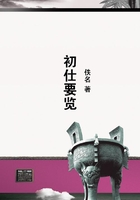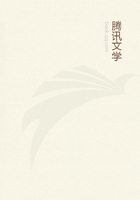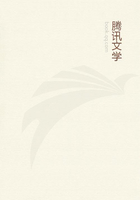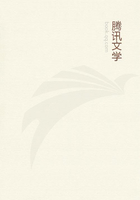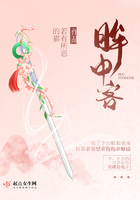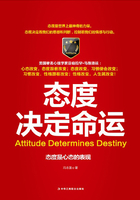The original unity of purpose and firmness of distinction are even more broken up when we look at the criminal and the police law where they touch villainage. In the criminal law of the feudal epoch there is hardly any distinction between free men and villains. In point of amercements there is the well-known difference as to the 'contenement' of a free landholder, a merchant and a villain, but this difference is prompted not by privilege but by the diversity of occupations. The Dialogus de Scaccario shows that villains being reputed English are in a lower position than free men as regards the presumption of Englishry and the payment of the murder-fine,* but this feature seems to have become obliterated in the thirteenth century. In some cases corporal punishment may have differed according to the rank of the culprit, and the formalities of ordeal were certainly different.* The main fact remains, that both villains and free men were alike able to prosecute anybody by way of 'appeal'* for injury to their life, honour, and even property,* and equally liable to be punished and prosecuted for offences of any kind.
Their equal right was completely recognized by the criminal law, and as a natural sequence of this, the pleas of the crown generally omit to take any notice of the status of parties connected with them. One may read through Mr Maitland's collection of Pleas of the Crown edited for the Selden Society, or through his book of Gloucestershire pleas, without coming across any but exceptional and quite accidental mentions of villainage. In fact were we to form our view of the condition of England exclusively on the material afforded by such documents, we might well believe that the whole class was all but an extinct one. One glance at Assize Rolls or at Cartularies would teach us better. Still the silence of the Corona Rolls is most eloquent.
It shows convincingly that the distinction hardly influenced criminal law at all.
It is curious that, as regards police, villains are grouped under an institution which, even by its name, according to the then accepted etymology, was essentially a free institution. The system of frank pledge (plegium liberale), which should have included every one 'worthy of his were and his wite,' is, as a matter of fact, a system which all through the feudal period is chiefly composed of villains. Free men possessed of land are not obliged to join the tithing because they are amenable to law which has a direct hold on their land,* and so the great mass of free men appear to be outside these arrangements, for the police representation of the free, or, putting it the other way, feudal serfs actually seem to represent the bulk of free society. The thirteenth-century arrangements do not afford a clue to such paradoxes, and one has to look for explanation to the his tory of the classes.
The frankpledge system is a most conspicuous link between both sections of society in this way also, that it directly connects the subjugated population with the hundred court, which is the starting-point of free judicial organisation. Twice a year the whole of this population, with very few exceptions, has to meet in the hundred in order to verify the working of the tithings. Besides this, the class of villains must appear by representatives in the ordinary tribunals of the hundred and the shire: the reeve and the four men, mostly unfree men,* with their important duties in the administration of justice, serve as a counterpoise to the exclusive employment of 'liberi et legales homines' on juries.
And now I come to the most intricate and important part of the subject -- to the civil rights and disabilities of the villain. After what has been said of the villain in other respects, one may be prepared to find that his disabilities were by no means so complete as the strict operation of general rules would have required. The villain was able in many cases to do valid civil acts, to acquire property and to defend it in his own name. It is true that, both in theory and in practice, it was held that whatever was acquired by the bondman was acquired by the lord. The bondman could not buy anything but with his lord's money, as he had no money or chattels of his own.* But the working of these rules was limited by the medieval doctrine of possession. Land or goods acquired by the serf do not eo ipso lapse into his lord's possession, but only if the latter has taken them into his hand.* If the lord has not done so for any reason, for want of time, or carelessness, or because he did not choose to do so, the bondman is as good as the owner in respect of third persons. He can give away* or otherwise alienate land or chattels, he has the assize of novel disseisin to defend the land, and leaves the assize of mort d'ancestor to his heirs. In this case it would be no good plea to object that the plaintiff is a villain. In fact this objection can be raised by a third person only with the addition that, as villain, the plaintiff does not hold in his own name, but in the name of his lord.* Athird person cannot except against a plaintiff merely on the ground of his personal status. As to third persons, a villain is said to be free and capable to sue all actions.* This of course does not mean that he has any action for recovering or defending his possession of the tenements which he holds in villainage, but this disability is no consequence of his servile blood, for he shares it with the free man who holds in villainage; it is a consequence of the doctrine that the possession of the tenant in villainage is in law the possession of him who has the freehold.

